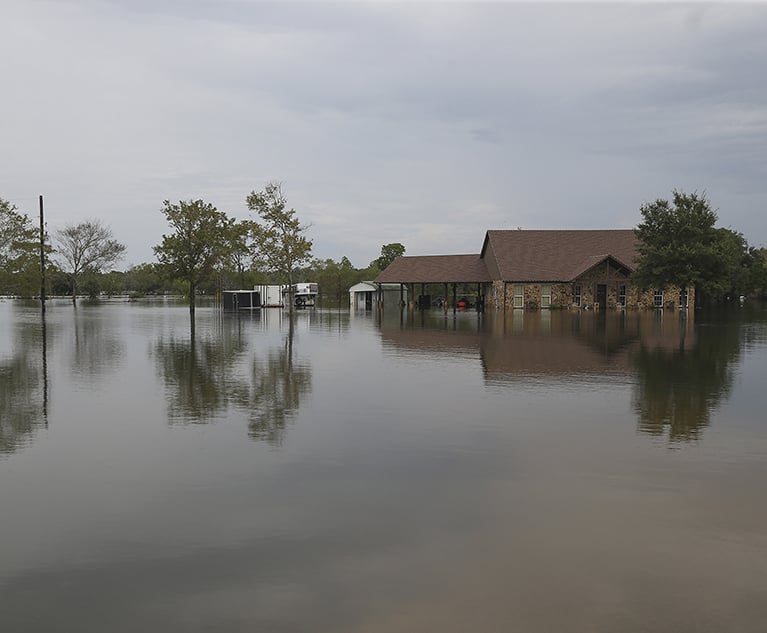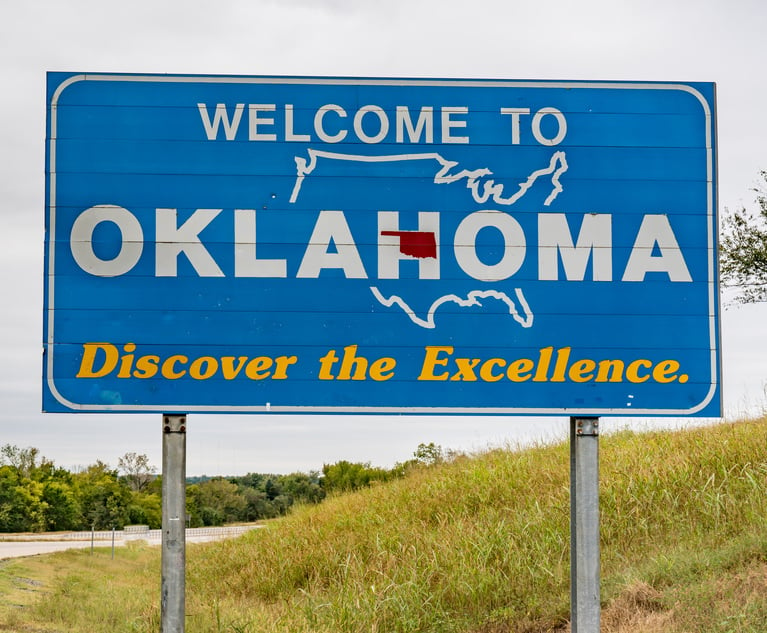Hurricane Matthew — which wreaked havoc in Florida, Georgia and South Carolina and flooded large portions of North Carolina in 2016 — is a grim lesson on why companies need business interruption insurance.
The hurricane damaged or destroyed more than one million structures and cost $10 billion in damage.
Although the theme parks in Central Florida shut down for only a few days, businesses in flood-ravaged North Carolina were much slower to reopen.
Related: Deadly Hurricane Matthew in pictures
By the time meteorologists identify a hurricane nearing the country and give it a name, it's too late. Insurance coverages are already set, and businesses are forced to wait out the storm to see what damage it does.
Recent hurricanes, floods and earthquakes are a good reminder for businesses to review insurance policies to make sure they're covered in the event of a natural disaster. Here are a few things to consider.
Related: Drought-to-drenched California faces H20 balancing act

In this Oct. 28, 2016 photo, a business in the historic section of St. Augustine, Florida is open after it sustained damage during Hurricane Matthew. Homes and businesses along the city's waterfront were overwhelmed despite a new $6.7 million seawall built completed in 2014. (AP Photo/Jason H. Dearen)
Don't underestimate how long business will be interrupted.
When reviewing business interruption insurance options, it can be tempting to save some money and choose less coverage, especially if a business hasn't lived through a hurricane, earthquake or flood. It's easy to underestimate how much damage can be caused and how long a business will actually be interrupted.
Almost 40 percent of small businesses don't reopen after a disaster because they're not properly covered. In some cases, a business may reopen just a few days later, but it could feel the effects of the event long after it's back up and running. Business owners, review your policy limits now to make sure they're adequate. Make sure your coverage includes extra expense as well. It's best to be as prepared as possible.
Related: Flooding leads list of U.S. climate disasters costing $46 billion in 2016

Flooding surrounds an arcade and miniature golf course Jan. 10, 2017 in Guerneville, California. An onslaught of winter storms caused flooding in Northern California river towns where thousands of people remained under evacuation advisory. (AP Photo/Eric Risberg)
Make sure suppliers are covered.
A business might not be directly affected by a hurricane or earthquake, but its suppliers might be. Business owners, if you can't get raw materials to make your products, or if you can't deliver them, you might need contingent business interruption (CBI) to cover your suppliers. Contingent business interruption will reimburse lost profits as a result of a disruption in your supply chain. Review your policy now to assess what weather events trigger all of your business interruption coverages and the limits provided.
Related: Worldwide natural catastrophe losses at their highest in four years, says Munich Re
Want to continue reading?
Become a Free PropertyCasualty360 Digital Reader
Your access to unlimited PropertyCasualty360 content isn’t changing.
Once you are an ALM digital member, you’ll receive:
- All PropertyCasualty360.com news coverage, best practices, and in-depth analysis.
- Educational webcasts, resources from industry leaders, and informative newsletters.
- Other award-winning websites including BenefitsPRO.com and ThinkAdvisor.com.
Already have an account? Sign In
© 2024 ALM Global, LLC, All Rights Reserved. Request academic re-use from www.copyright.com. All other uses, submit a request to [email protected]. For more information visit Asset & Logo Licensing.








